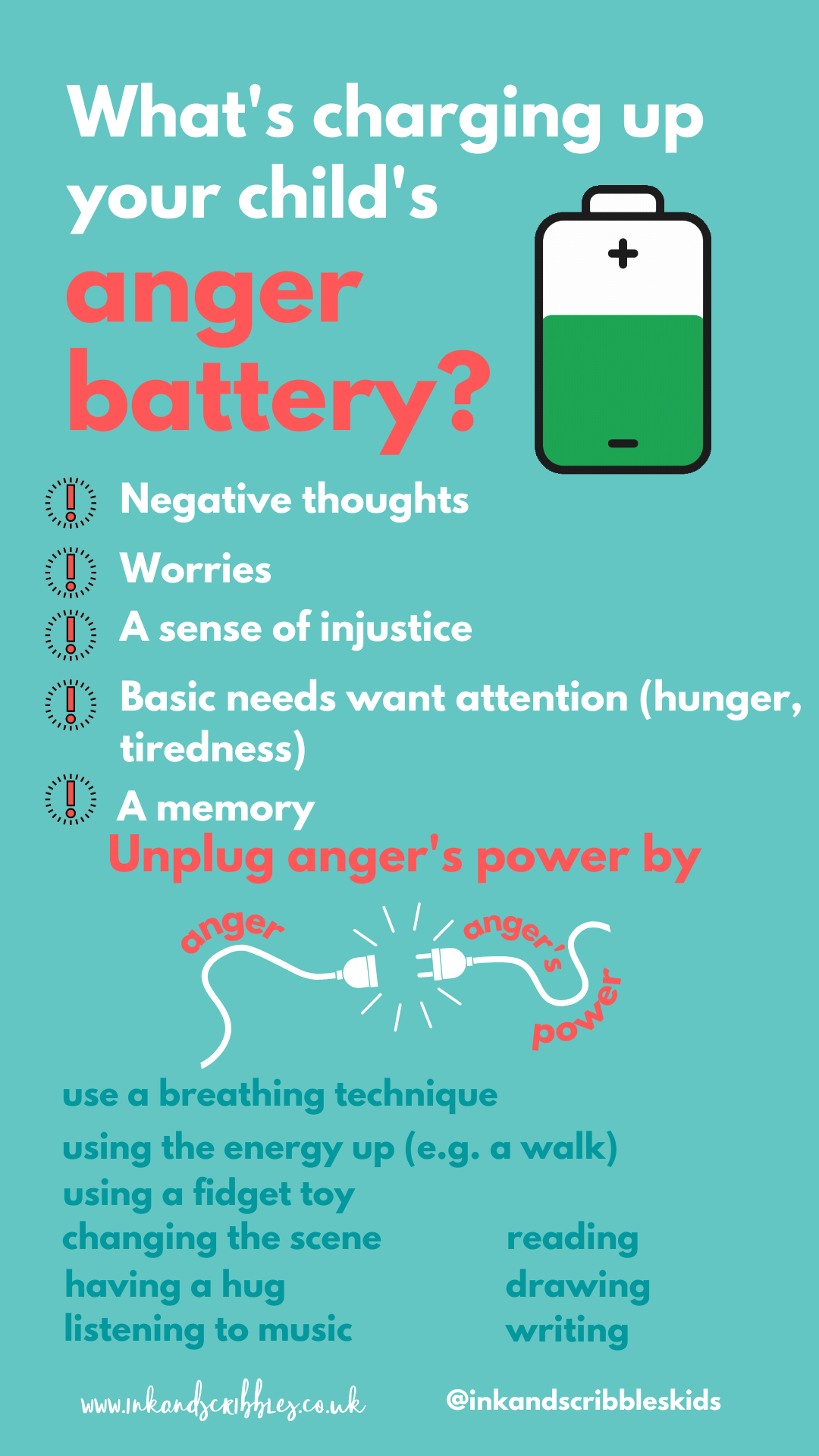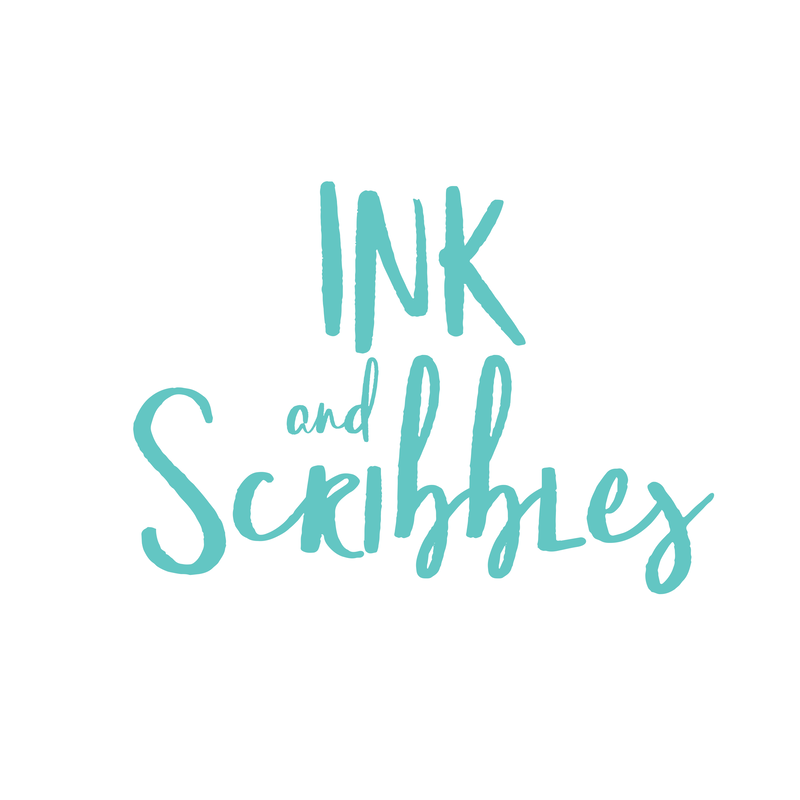Anger can be productive. It can help us take action but the surge of energy can also be misplaced, especially when we aren't aware of our triggers or don't understand them.
We can support our children with anger by knowing what the most common anger triggers are. Taking a pause to assess the circumstances can give you the perspective you need to spot your child's trigger and understand what is charging up their angry energy. Most common triggers are:
These are all normal reasons for feeling angry! And anger isn't an emotion to bury away completely. We need to feel all emotions. When we know what is triggering the anger, it's easier to find a supportive strategy. For example, if you know your child is angry because they feel a sense of injustice, you can help them take action. Or you can show empathy at the injustice, even if you can't change it. Teaching our children to recognise anger and how to respond appropriately is key to emotional health, but at a young age they need our help to scaffold this process. Strategies for supporting children with anger include emotional education (teaching them what is happening in the brain), teaching them how to recognise anger before responses become difficult to manage and coping mechanisms. Coping mechanisms include calming tools to soothe the nervous system, as well as ways of processing the emotion such as drawing, writing or using up the energy. Finally, connection with your child is a crucial element of support. Showing understanding and empathy calms the nervous system, whilst also developing your bond. Despite the intensity that comes with your child's anger, empathy and connection is a win win and your greatest tool as a parent.
0 Comments
|
Categories
All
Archives
April 2024
AuthorHey! I'm the founder, creator and voice of Ink and Scribbles. Sharing thoughts on child well-being and parenting that are based on my teaching and parenting experience, and NLP learning. |


 RSS Feed
RSS Feed